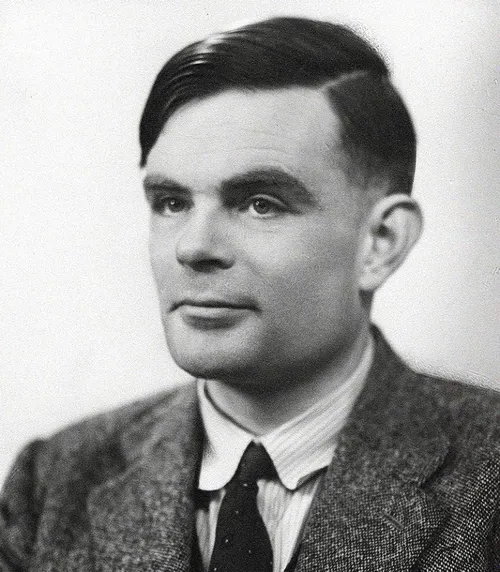Alan Turing and the Birth of Computer Science

Alan Turing (1912–1954) was a British mathematician, logician, and computer scientist who had a significant impact on the development of computer science. He is particularly known for his work during World War II and his theory of the Turing machine, which serves as the foundation for modern computer concepts.
Enigma Decryption
During World War II, Turing played a crucial role in decrypting the German encryption machine “Enigma.” His contributions, including the famous “Turing Bombe,” enabled the Allies to decipher messages sent by German forces. This contribution to cryptanalysis had a significant influence on the course of the war.
Turing Machine
Turing’s work on the Turing machine represents a milestone in theoretical computer science. He developed this concept as a mathematical model of a universal algorithm capable of executing any computable function. This theory laid the groundwork for the idea of a universal computer and influenced the design of modern programming languages.
Legacy and Tragedy
Despite his significant contributions to science, Turing faced tragedy after the war. Due to his homosexuality, he was prosecuted and subjected to chemical castration. He passed away at the age of only 41. It was only many years later that his work and personal contribution were properly recognized.
Influence on the Modern World
Turing’s ideas are pervasive in computer science today. The Turing machine is a fundamental concept exploring the theoretical limits of computability. His work on artificial intelligence and algorithm development provided the foundation for modern computer science.
Overall, Alan Turing was a visionary thinker whose contributions form the basis of modern computer science. His work in cryptography and theoretical computer science has profoundly shaped the worlds of technology and science.